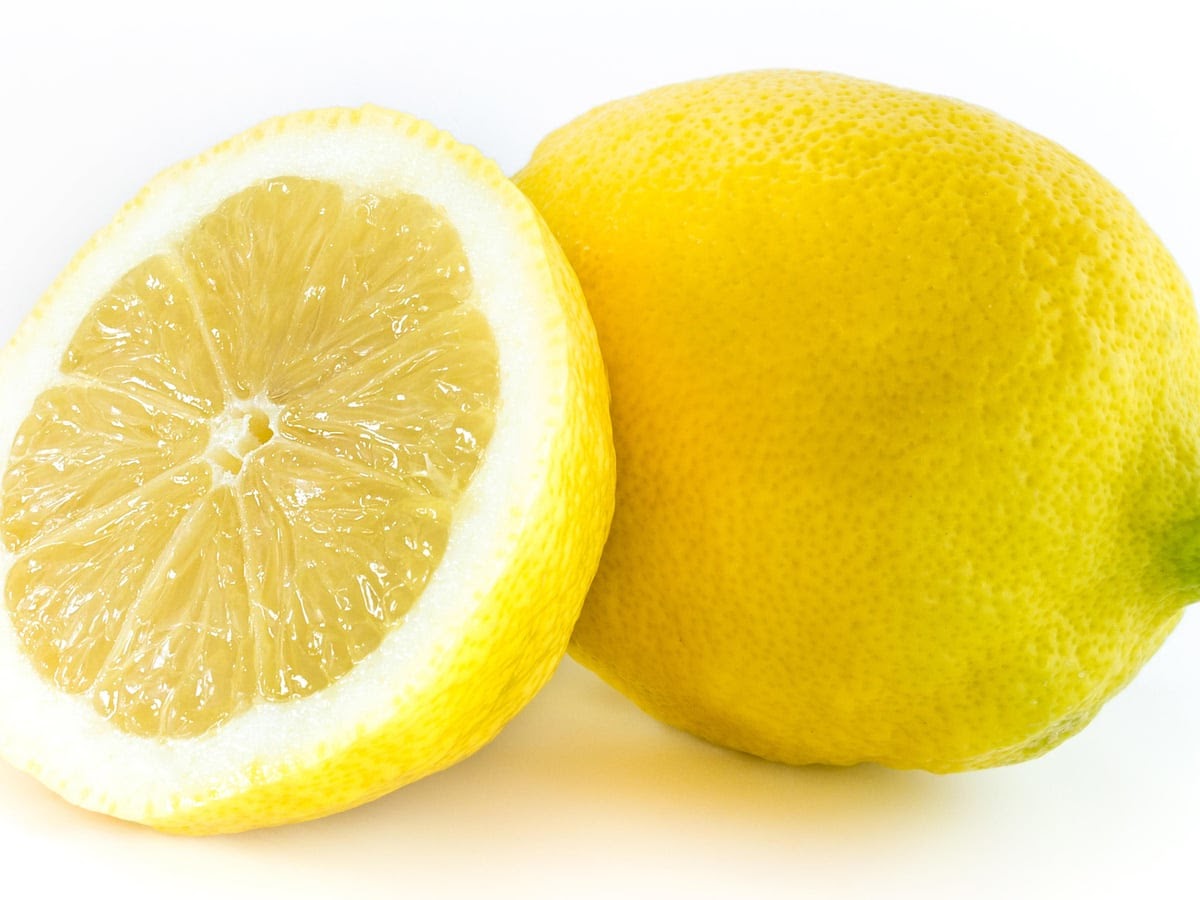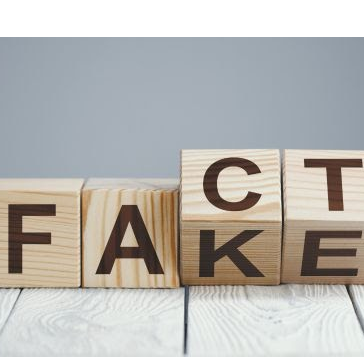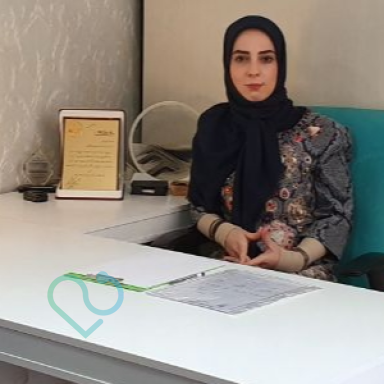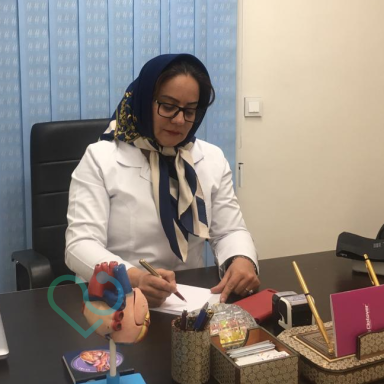Undoubtedly, we have heard a lot about medicines, treatments, and ways to prevent COVID-19 (Read more here) recently. The spread of misinformation has caused confusion, and since such false information can cost lives, it is crucial to be aware of the reality behind some COVID-19 remedy myths (False remedies for Corona). This issue is so significant that even before the World Health Organization (WHO) declared the outbreak of the COVID-19 virus, they warned about the dangers of spreading false information about it. Fake news spreads faster and more easily than the virus itself and is equally dangerous. Thus, we are not only fighting an epidemic but also battling a wave of rumors and misinformation.
Examining Common Myths About COVID-19 Treatments
1- Vitamin D prevents infections.
Some articles claim that individuals who take Vitamin D supplements are less likely to contract SARS-CoV-2.
These articles refer to the correlation between low levels of Vitamin D in the populations of certain countries and the higher rates of COVID-19 infection and mortality in those regions. Based on this trend, researchers speculate that supplementing with Vitamin D might help protect against COVID-19. However, to date, no clinical evidence has confirmed this theory.
While adequate Vitamin D intake is essential for overall health, taking supplements without a doctor's prescription can be harmful. For example, excessive Vitamin D supplementation can pose health risks, especially for individuals with chronic underlying conditions, and may even lead to toxicity in some cases.
2- Zinc consumption prevents the virus.
Another myth is that taking zinc supplements can prevent SARS-CoV-2 infection or treat COVID-19. Zinc is an essential mineral that supports immune system function. Initially, researchers from Russia, Germany, and Greece suggested that zinc could serve as a preventative and supportive treatment for COVID-19. This hypothesis was based on a series of laboratory experiments outside the human body, showing that zinc ions could inhibit a specific enzyme that facilitates the activity of the SARS-CoV-2 virus. However, there is no clinical evidence to support zinc's actual effect on humans in this context.
3- Vitamin C prevents SARS-CoV-2 infection.
Vitamin C is another essential nutrient that has garnered significant attention, with many believing it can prevent or treat the flu and colds. While sufficient Vitamin C intake supports the immune system, its effectiveness in preventing or treating colds and the flu is unclear. Research on its role in treating COVID-19 suggests that high doses of Vitamin C injections may help alleviate symptoms in critically ill patients. However, the use of this vitamin to treat SARS-CoV-2 infection has not been confirmed. Additionally, oral Vitamin C is not as effective as injectable forms and does not significantly raise its levels in the body. Excessive consumption of Vitamin C may also lead to adverse side effects.

4- The keto diet can treat COVID-19.
Keto diets, which are high in fat and low in carbohydrates, have been discussed in the context of treating or preventing COVID-19. Some animal studies suggest these diets may enhance immune function. However, no evidence currently supports the claim that the keto diet can help prevent or treat SARS-CoV-2 infection. On the contrary, some observations suggest that keto diets may pose risks such as increased cholesterol levels and symptoms like flu-like effects, headaches, nausea, and changes in blood pressure.
5- Herbal remedies can help.
Some studies indicate that herbal medicines may aid in treating COVID-19. Research in traditional Chinese medicine suggests that herbal remedies (often mixed with salt) may be effective in treating COVID-19. However, evidence from human trials is very limited. Furthermore, as the mechanisms of action for most herbal medicines are not well understood, their safety cannot always be guaranteed.
In addition to the five points above, other unproven methods have been suggested for preventing and treating COVID-19:
Standing in sunlight: Exposure to sunlight or heating your home does not prevent COVID-19. The temperature of the environment does not affect the virus's spread.
Eating garlic: Although garlic is a healthy food with some antimicrobial properties, there is no evidence to support its effectiveness against COVID-19.

Drinking alcohol: Consuming alcohol does not kill the virus in your body. Instead, excessive alcohol consumption can pose significant health risks.
Although the overwhelming spread of COVID-19 might tempt some people to try unverified treatments, the most important and effective way to prevent the disease is by following public and personal health guidelines recommended by the World Health Organization. Wash your hands regularly for at least 20 seconds with soap and water. Avoid touching your eyes, nose, and mouth. Stay home, and if you are sick, wear a mask. Disinfect surfaces frequently.
Sources:
healthline.com,
northjersey.com












Our Customers' Comments
No comments registered